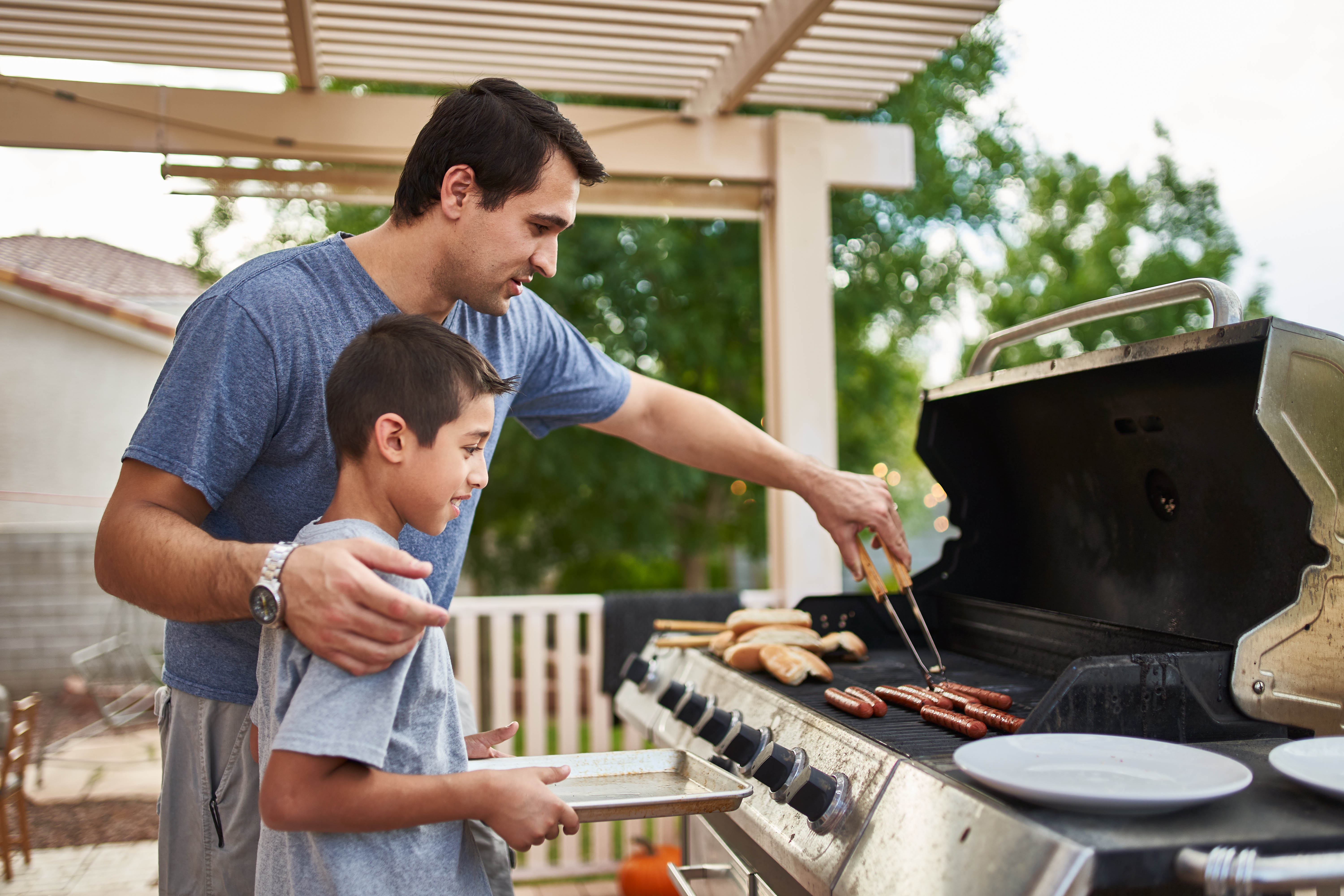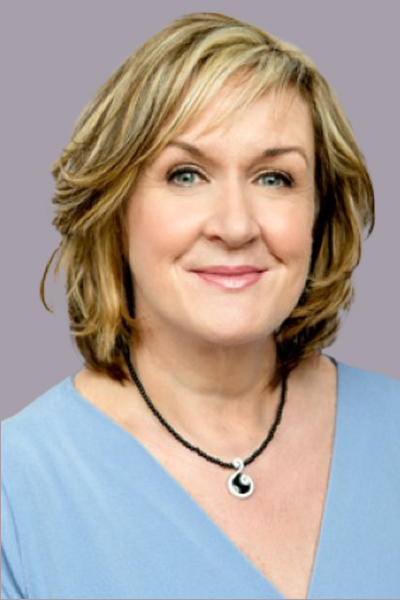Father's Day: Joy, Grief, Guilt, and everything in between
Healthy View

Written by Mary Keogh, Registered Psychotherapist, Adelaide Health Clinic
It’s that time of year again. We are just over Mother’s Day and next up on the agenda is another holiday that can stir up all kinds of feelings: Father’s Day. For some people, it’s a day of barbecues, Dad jokes, and those suspiciously enthusiastic "World’s Best Dad" mugs. For others, it’s... complicated. Let’s dig deeper…….
The Highs: BBQs and eye rolling Dad jokes…
Let’s start with the good stuff. Some people genuinely like Father’s Day. If you’ve got a great Dad - or you are one - it can be a perfect time to connect. Maybe you’re firing up the BBQ together, or bonding over shared hobbies like woodworking or yelling at televised sports (hello Maple Leaf fans, yes, I’m looking at you).
There’s something beautiful about celebrating fatherhood when it’s been a source of love, laughter, support, and emotional availability. We love those Dads. Those Dads deserve all the new socks and mugs they desire. And if you’re a Dad who’s just trying your best, trying to be present, trying to remember which kid goes to which extra-curricular event and where that is - good on you. Really.

The Lows: Grief, Estrangement, and “Oh... This Again?”
Now, let’s take a little detour to some people’s reality. Not everyone’s got that made for TV father and son relationship. Some people have lost their fathers and are grieving. Some are estranged. Some have complicated, confusing histories that don’t fit into a Hallmark card. And then there are those who wanted to be fathers but aren’t, for any number of painful reasons.
On Father’s Day, all of that can come up and cause immense pain.
The memories. The silence. The what ifs. The Facebook posts that feel like a punch to the gut.
It’s okay to feel messy about this day. I give you full permission to celebrate it, ignore it, hate it, or scream into a throw pillow. You’re not broken. You’re human and life is hard sometimes, very hard.

The Weird Middle Ground
Then there’s the middle ground, which can be just... awkward. Maybe your Dad was okay, but you feel guilty for not feeling more for him. Or maybe you’re a Dad yourself now and you’re trying to figure out how to do better than your Dad did, while still appreciating the fact that hey, he did teach you how to skate. Sometimes we don’t know how to feel. Sometimes we feel all the things at once. Welcome to the human condition, at times it can be hard - and confusing.
Below are some of my favourite tips for Father’s Day, if any resonate feel free to use.
-
Permission to Feel – However you feel about Father’s Day? That’s valid. There is no "correct" emotional response. Stop should-ing on yourself.
-
Opt Out If You Want – You don’t have to go to brunch. You don’t have to post a tribute on Instagram. You don’t even have to say the words “Happy Father’s Day” if it makes you wince.
-
Create Your Own Rituals – Light a candle for someone you lost. Write a letter you’ll never send. Watch Dad movies and cry (or laugh). Start a new tradition that fits you.
-
Humor Helps – If all else fails, remember: pretty much every Dad on earth has made at least one joke that was so bad it caused physical pain. Laughter is allowed - even healing.
In Conclusion
Father’s Day is a holiday like any other: it comes with expectations, emotions, and sometimes dashed hopes. Whether you celebrate, mourn, rage, or completely ignore it, remember that you’re not alone. We’re all just trying to navigate this life thing, one complicated emotion at a time.
So go easy on yourself. And if you’re feeling a little extra tender this weekend, maybe skip the tool aisle at Home Depot. Permission given.
Next Steps
If any of what I have said in this blog resonates with you, please know that you’re not alone, and it’s okay to ask for emotional support. If you have been thinking about therapy or are simply looking for a safe place to talk and be heard, I would welcome the opportunity to support you.

About the Author
Mary Keogh is a Registered Psychotherapist based at the Adelaide Health Clinic. She specializes in helping individuals manage stress, emotional challenges, complicated relationships (especially in family of origin), and difficult transitions, particularly in women’s health.
Want to know how therapy can support your mental well-being?
Book a 15-minute complimentary consultation with Mary Keogh and start the conversation on how she can support you today.
3767